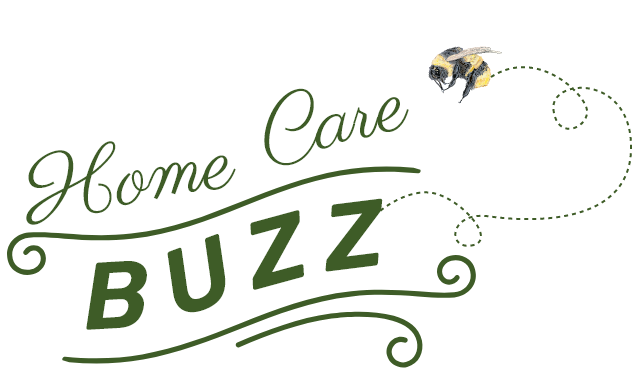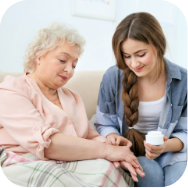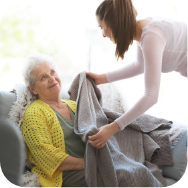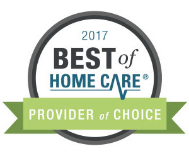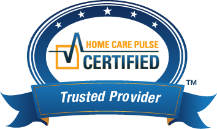Disaster Preparedness for Seniors

Nobody looks forward to the possibility of a disaster, but we all know that it is possible, and that it can happen at any moment. The best we can do is be prepared. The American Red Cross states that there are seven important items one should discuss and implement with your personal support network.
- Make arrangements, prior to an emergency, for your support network to immediately check on you after a disaster and, if needed, offer assistance.
- Exchange important keys.
- Show them where you keep your emergency supplies.
- Share copies of your relevant emergency documents, evacuation plans and emergency health information card.
- Agree on and practice methods for contacting each other in an emergency. Do not count on the telephones working.
- You and your personal support network should always notify each other when you are going out of town and when you will return.
- The relationship should be mutual. You have a lot to contribute! Learn about each other’s needs and how to help each other in an emergency.
Always be prepared, no matter how sunny it is outside. Disaster can happen at any moment. The American Red Cross also offers advice for disaster preparedness. You can download their booklet Disaster Preparedness for Seniors BY Seniors here. They state that there are three key steps to preparedness:
- Get a Kit
- Make a Plan
- Be Informed
By planning ahead you can avoid waiting in long lines for critical supplies, such as food, water, and medicine and you will also have essential items if you need to evacuate.
- For your safety and comfort, have a disaster supplies kit packed and ready in one place before a disaster hits.
- Assemble enough supplies to last for at least three days.
- Store your supplies in one or more easy-to-carry containers, such as a backpack or duffel bag.
- You may want to consider storing supplies in a container that has wheels. • Be sure your bag has an ID tag.
- Label any equipment, such as wheelchairs, canes or walkers, that you would need with your name, address and phone numbers.
- Keeping your kit up-to-date is also important. Review the contents at least every six months or as your needs change. Check expiration dates and shift your stored supplies into everyday use before they expire. Replace food, water and batteries, and refresh medications and other perishable items with “first in, first out” practices.
- Meet with your family and friends. Explain your concerns to your family and others in your support network and work with them as a team to prepare. Arrange for someone to check on you at the time of a disaster. Be sure to include any caregivers in your meeting and planning efforts. Assess yourself and your household. What personal abilities and limitations may affect your response to a disaster? Think about how you can resolve these or other questions and discuss them with your family and friends. Details are important to ensure your plan fits your needs. Then, practice the planned actions to make sure everything “works.”
- Always make sure you have a means of contacting your family in case of a disaster emergency. Carry family contact information on you at all times. Also, make sure you have contact information for an out of town relative or friend. In the state of a disaster, it is more often than not easier to make a long-distance call than a local one.
- Post emergency phone numbers near your phones so they are readily available in case of an emergency. Include as many numbers as you can, especially those within your support network. Remember though, the phones may not always work depending on the disaster, so try to keep alternative ways of contacting people.
- In a disaster, time is of the essence, so efficiency is key. Keep any support items in a designated area so they are found quickly, whether it be by you or someone helping you. This is essential for someone with in-home health caregivers, especially for those who are bed bound.
- Do you have a pet or a service animal? Include them in your plan. They are a part of your family also. Keep in mind, pets (except service animals) are not allowed in emergency shelters for health reasons, so have a plan and a support network for them as well. Friends, family, boarding facilities, and veterinarians could all possibly shelter them in an emergency. Have any medication, food, and other supplies readily available for your furry (or not so furry) friends.
- Part of being prepared, and probably the most important part of being prepared, is staying informed. Know your environment. What hazards exist near you? Do you live in an area prone to wildfires? Earthquakes? Hurricanes? Winter Storms? Make the right preparations for each and every situation possible in your area.
No one wants disaster, but everyone should be able to survive by taking the proper steps to be prepared for them. For more information on disaster safety and preparedness please visit the American Red Cross and Federal Emergency Management Agency (FEMA).



